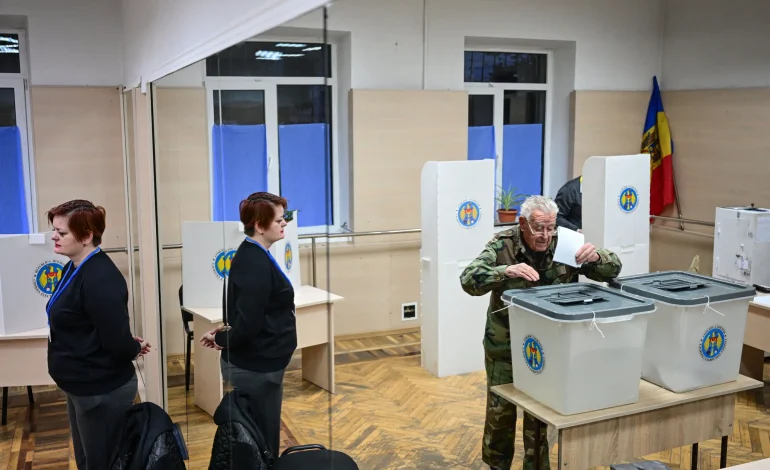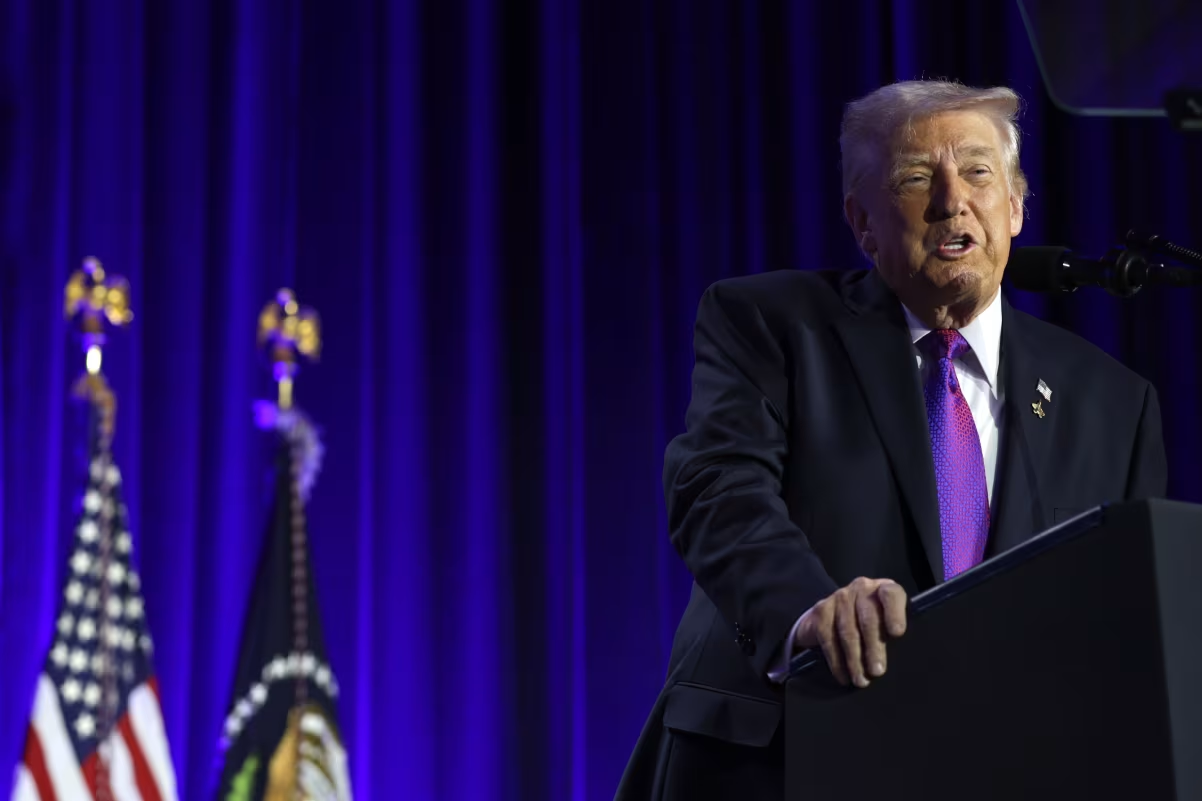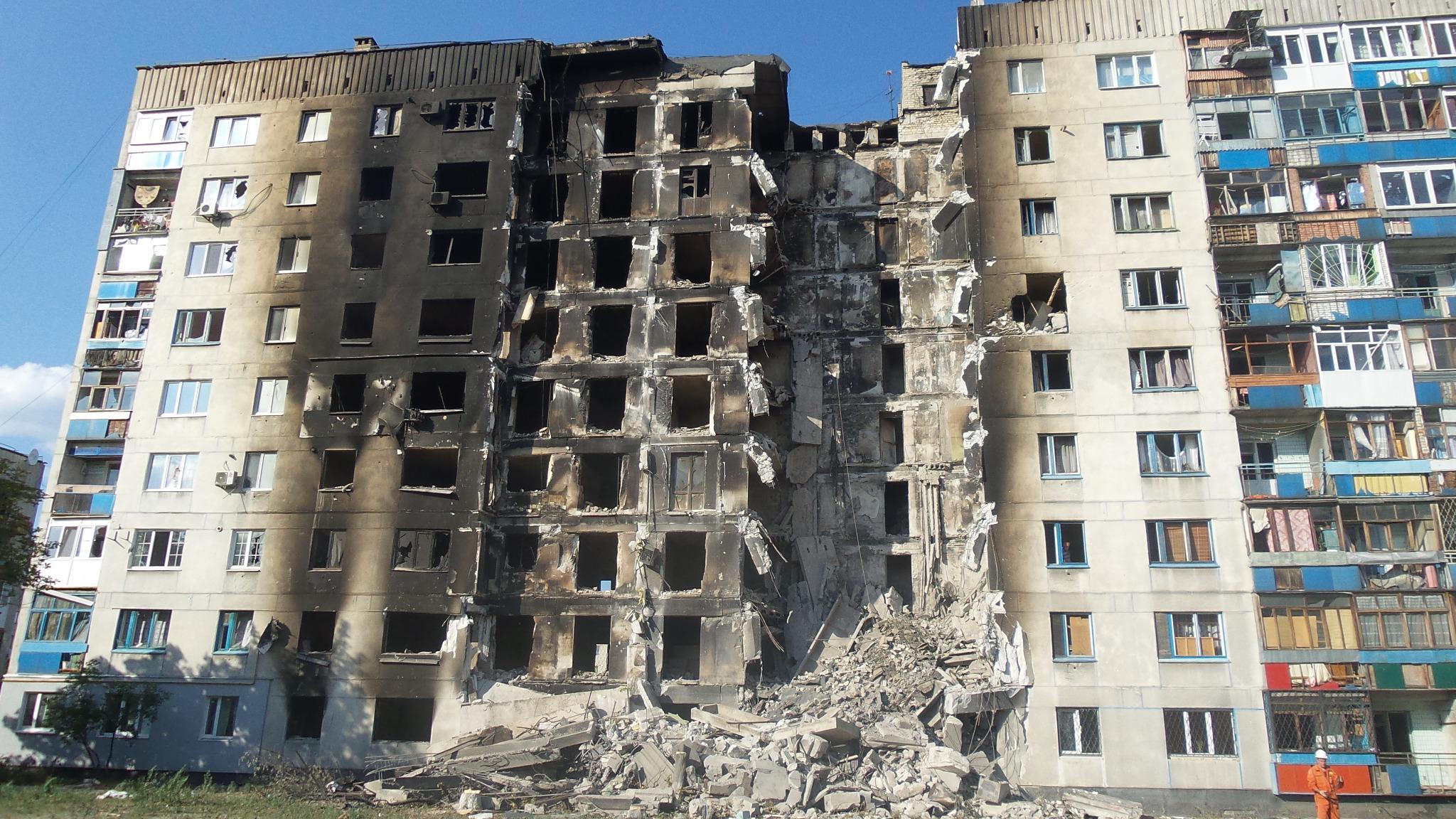ANALYSIS: Moldova’s Pre-Election Crackdown: Stability or Stage-Managed Democracy?

Three days before Moldova’s snap parliamentary elections, the government’s campaign to present itself as Europe’s eastern bulwark has been overtaken by a wave of arrests, raids and bans. On paper, the 28 September vote should be a milestone on the country’s road to EU membership. In reality, it’s beginning to look like a stress test of how far the ruling party will go to keep its grip on power.
Sweep of Arrests
On 22 September, police announced more than 250 searches and the detention of 74 people accused of plotting disturbances on election day. Officials said the groups were trained abroad and financed from Russia. State TV showed stacks of cash, lists of names and ominous graphics about foreign plots.
But the optics are striking. With polls showing President Maia Sandu’s pro-EU PAS party losing ground, the pre-election sweep looks to many Moldovans less like security work and more like a political clean-up operation. Former president Igor Dodon, now in the opposition, called the raids “an attempt to intimidate” his supporters. Independent journalists note that authorities have offered almost no evidence beyond statements from security officials.
Observers Barred, Exit Polls Banned
The arrests come alongside a string of other decisions narrowing the space for scrutiny. Russian citizens were refused accreditation as election observers under the OSCE framework. Exit polls, a staple of Moldova’s elections for years, were suddenly banned by the Central Election Commission, citing “concerns about financing.” In a race where the diaspora vote and Transnistrian turnout can swing the result, the absence of independent monitoring is conspicuous.
Playing “Hybrid Threat” Card
The government says the stakes are existential. Sandu has accused the Kremlin of spending “hundreds of millions of euros” to buy votes and destabilise Moldova. Bloomberg and BBC investigations cite documents outlining a Russian plan to weaken PAS and derail EU membership. Yet critics argue that this narrative doubles as a political shield — a way to frame any opposition as treason and any bad polling as sabotage.
Fear, Fatigue on Street
In markets and cafés in Chişinău, the mood is less geopolitical. People complain about rising bills, stagnant wages and the constant drumbeat of corruption scandals. For many voters, “European integration” feels like an elite slogan rather than a bread-and-butter policy. Banning opponents and invoking foreign plots does little to convince them otherwise.
Turning Point, or More of Same?
If PAS wins a clear majority, expect Brussels to hail the result as a victory for democracy. But the arrests, bans and last-minute rule changes risk undermining the legitimacy of that victory at home. If PAS falls short, coalition talks will open the door to sovereigntist or pro-Russian parties and the possibility of a more balanced foreign policy.
Either way, the events of this week have exposed a contradiction at the heart of Moldova’s European journey: you cannot promise democracy while narrowing the field of competition. With only days to go, Moldova’s election looks less like a celebration of choice and more like a referendum on whether its leadership still trusts its own people.









The latest news in your social feeds
Subscribe to our social media platforms to stay tuned